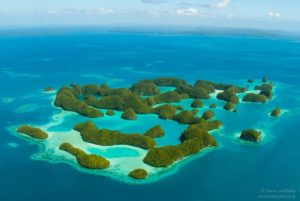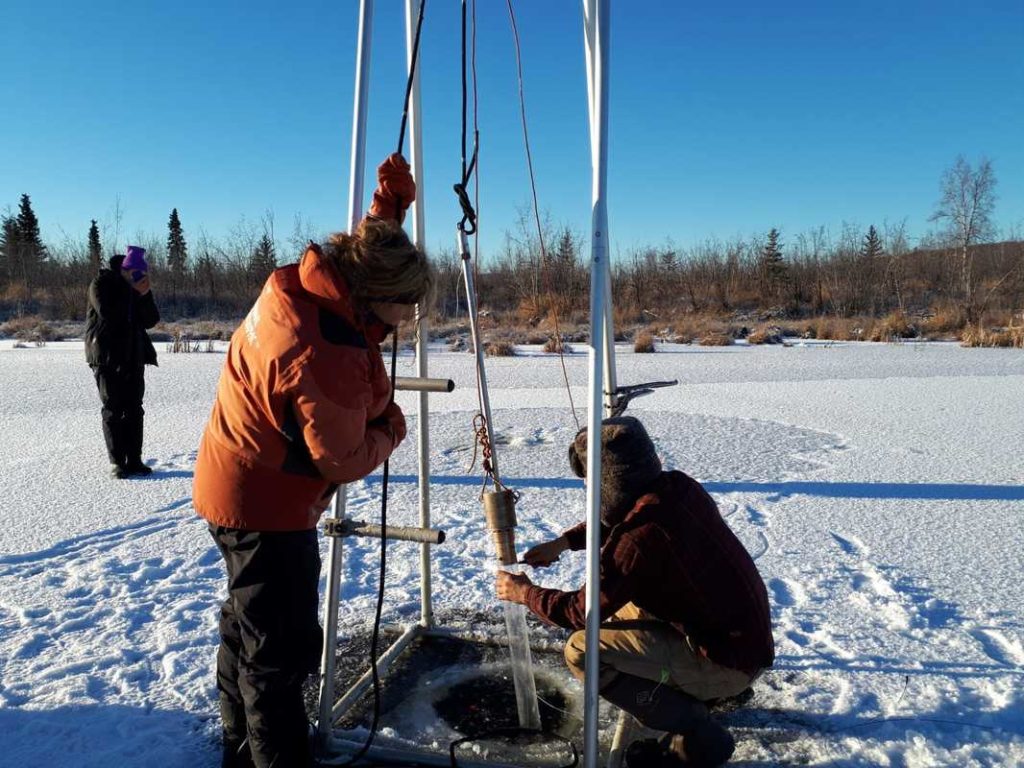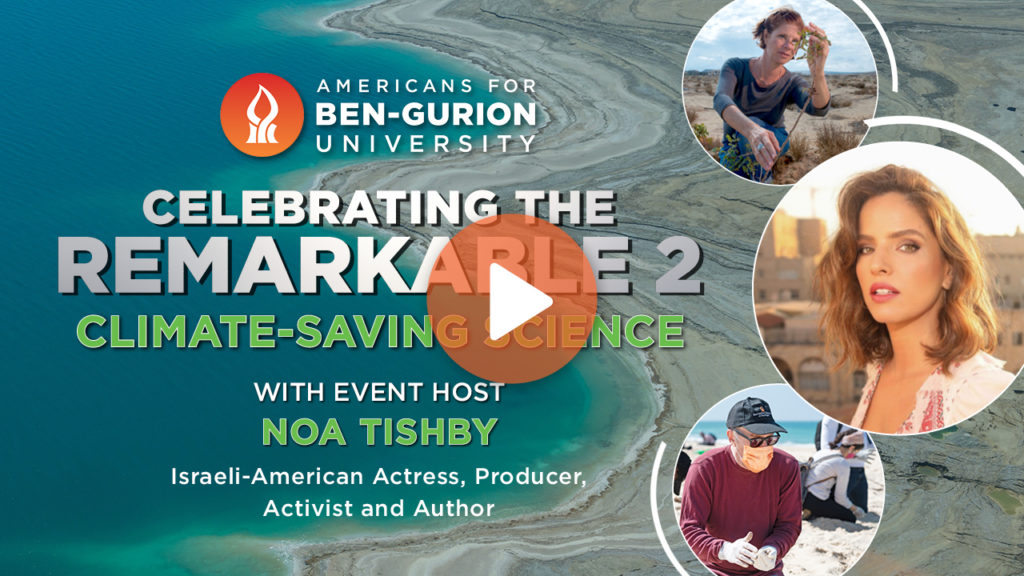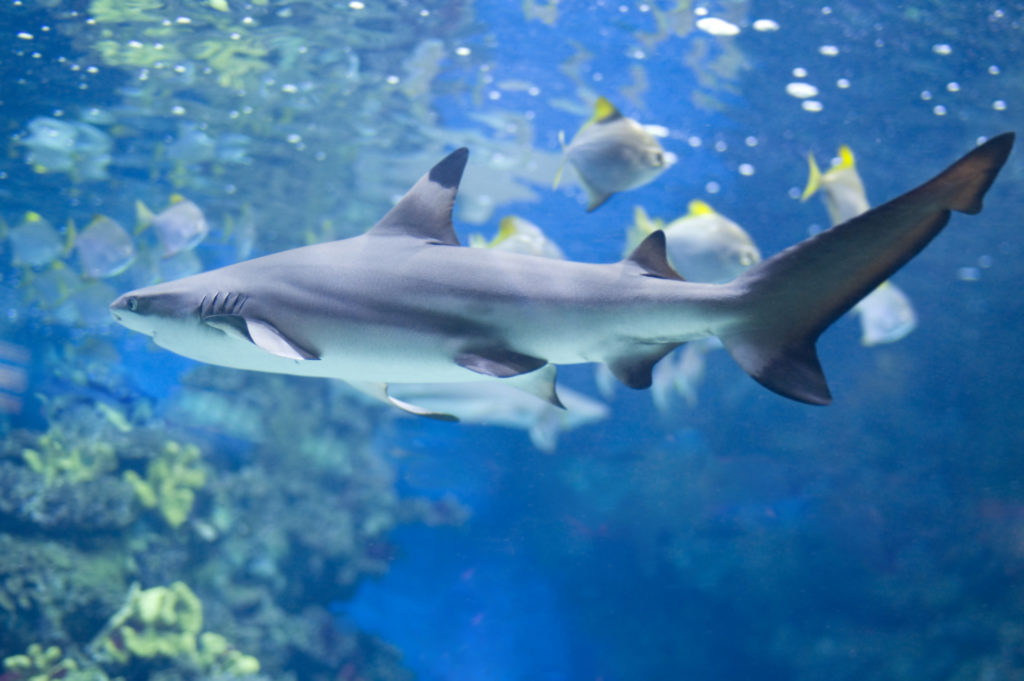
Palau Passes Nationwide Sunscreen Chemicals Ban
Palau Passes Nationwide Sunscreen Chemicals Ban
November 9, 2018
Natural Sciences, Press Releases
The Republic of Palau, a South Pacific island nation, became the world’s first country to ban sunscreen products containing environmentally harmful ingredients, based in part on research conducted by Ben-Gurion University of the Negev Prof. Ariel Kushmaro.
The research indicates that oxybenzone coming from swimmers’ skin, municipal sewage discharge and coastal septic systems pollutes coral reefs.
“We found that oxybenzone caused gross morphological deformities, DNA damage and endocrine disruption, which causes the coral to close up and die,” explains Prof. Ariel Kushmaro, head of the Environmental Biotechnology Lab in the Avram and Stella Goldstein-Goren Department of Biotechnology and Engineering.
Palau’s Responsible Tourism Education Act of 2018, which takes effect in 2020, prohibits use of environmental pollutants that threaten juvenile stages of many wildlife species, including corals, fish and microalgae. The banned substances contain sun protection factor (SPF) chemicals used in sunscreen lotions or fragrances that absorb ultraviolet sunlight. These include oxybenzone, octinoxate, octocrylene, 4-methyl-benzylidene camphor, and parabens. The four parabens, triclosan and phenoxyethanol are antimicrobial preservatives also used in shampoos, moisturizers, liquid soaps, and hair conditioners.
The ban follows a similar move in Hawaii earlier this year. On May 4, the Hawaii legislature banned oxybenzone (BP3) beginning in 2021 in an attempt to prevent coral bleaching, a condition by which corals expel the algae (zooxanthellae) living in their tissues causing the coral to turn completely white.
“We are pleased to see that governments are using scientific research conducted at Ben-Gurion University to protect the delicate coral reef systems and ocean wildlife that are already under significant stress from climate change,” says Prof. Kushmaro.
“We hope other countries take note of these findings and initiate the appropriate action.” Prof. Kushmaro holds the John A. Ungar Chair in Biotechnology and is a member of the Ilse Katz Institute for Nanoscale Science and Technology and the National Institute for Biotechnology in the Negev.
Marine biologists and environmentalists, including the U.S. National Oceanic and Atmospheric Administration (NOAA), say the banned substances can reduce the resiliency of ecosystems to climate change factors and, by themselves, prevent the recovery of degrading wildlife and habitats. The resulting damage to coral reefs, including coral bleaching, in the South Pacific, Caribbean, Australia, Israel, and elsewhere poses a threat to one-quarter of marine species, and threatens shorelines and vibrant tourism in affected areas.
Palau, a tiny archipelago of approximately 300 islands located 400 miles southeast of the Philippines, has long been a pioneer in marine protection, introducing the world’s first shark sanctuary in 2009. It is also known as one of the world’s best diving destinations.
Ben-Gurion University Prof. Kushmaro is the author of “Vibriosis,” a 2015 study of causative agents of coral disease, and is a contributor to the 2015 study “Effects of the Sunscreen UV Filter, Oxybenzone (Benzophenone-3), on Coral Planulae and Cultured Primary Cells and its Environmental Contamination in Hawaii and the U.S. Virgin Islands,” published in the Archives of Environmental Contamination and Toxicology.
ABOUT AMERICANS FOR BEN-GURION UNIVERSITY
By supporting a world-class academic institution that not only nurtures the Negev, but also shares its expertise locally and globally, Americans for Ben-Gurion University engages a community of Americans who are committed to improving the world. David Ben-Gurion envisioned that Israel’s future would be forged in the Negev. The cutting-edge research carried out at Ben-Gurion University drives that vision by sustaining a desert Silicon Valley, with the “Stanford of the Negev” at its center. The Americans for Ben-Gurion University movement supports a 21st century unifying vision for Israel by rallying around BGU’s remarkable work and role as an apolitical beacon of light in the Negev desert.
About Ben-Gurion University of the Negev
Ben-Gurion University of the Negev embraces the endless potential we have as individuals and as a commonality to adapt and to thrive in changing environments. Inspired by our location in the desert, we aim to discover, to create, and to develop solutions to dynamic challenges, to pose questions that have yet to be asked, and to push beyond the boundaries of the commonly accepted and possible.
We are proud to be a central force for inclusion, diversity and innovation in Israel, and we strive to extend the Negev’s potential and our entrepreneurial spirit throughout the world. For example, the multi-disciplinary School for Sustainability and Climate Change at BGU leverages over 50 years of expertise on living and thriving in the desert into scalable solutions for people everywhere.
BGU at a glance:
20,000 students | 800 senior faculty | 3 campuses | 6 faculties: humanities & social sciences, health sciences, engineering sciences, natural sciences, business & management, and desert research.
For all press inquiries, please contact:
James Fattal, J Cubed Communications
516.289.1496




